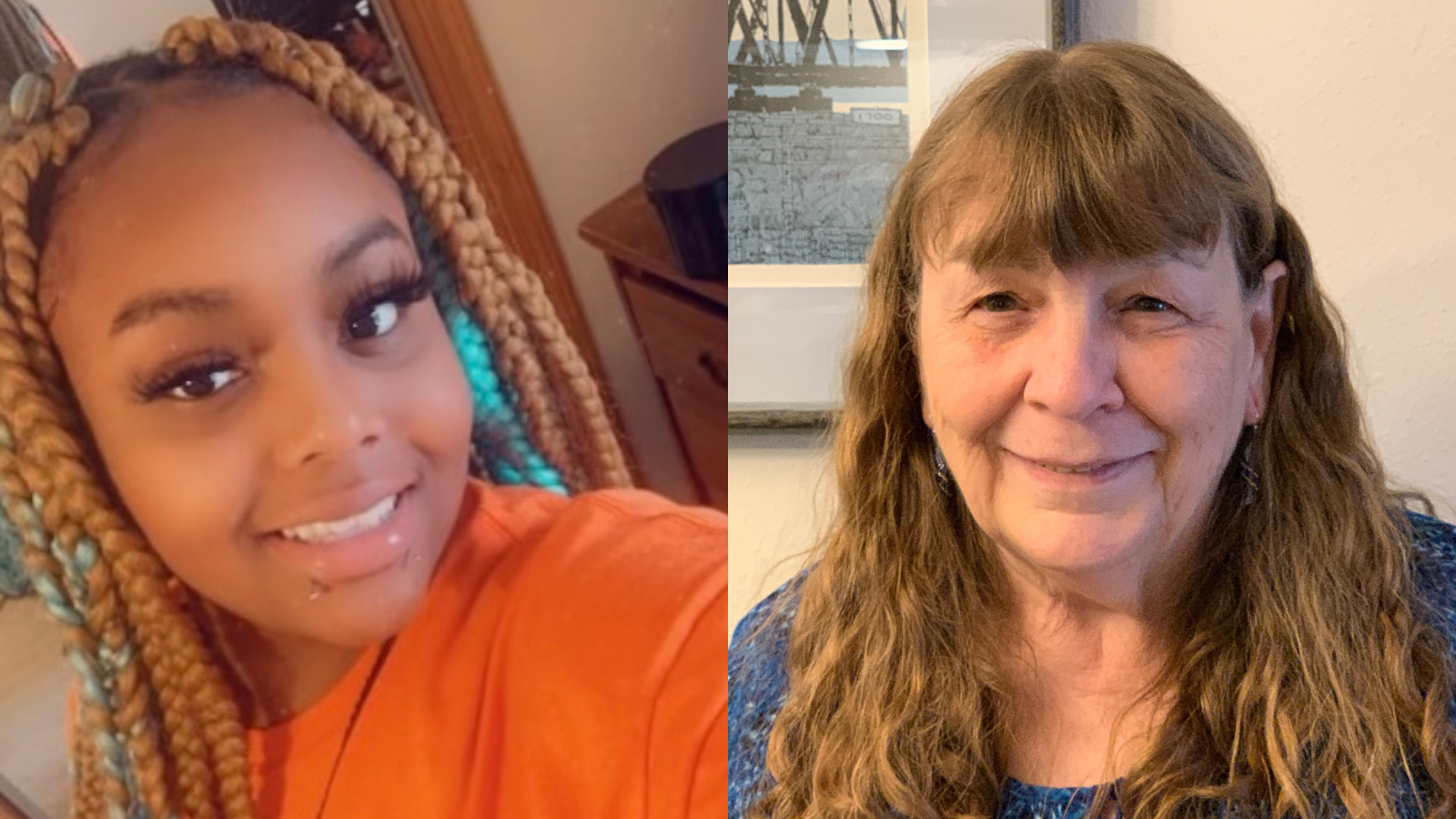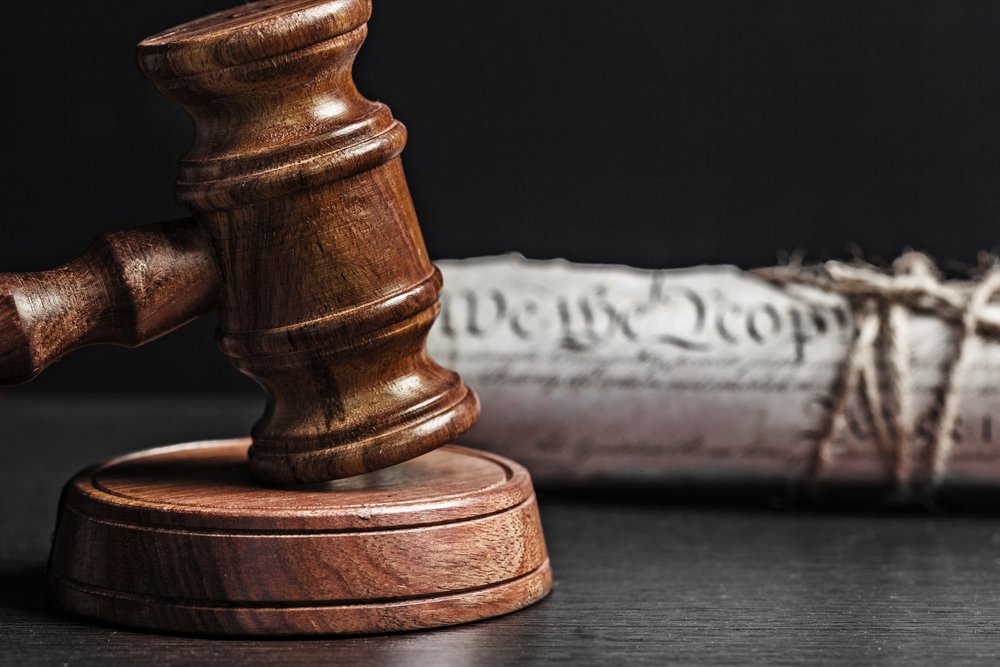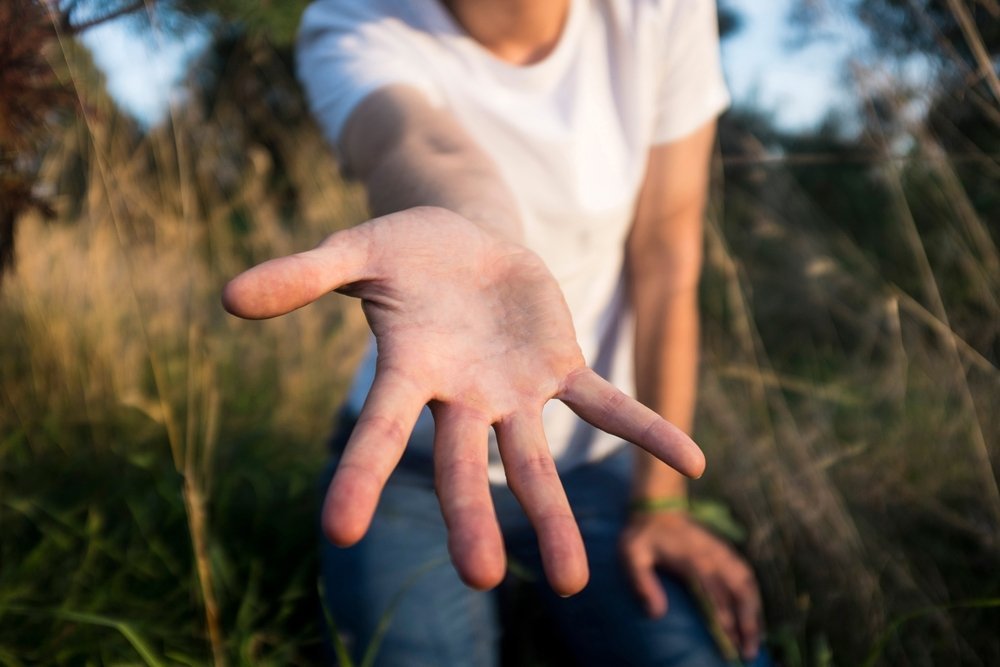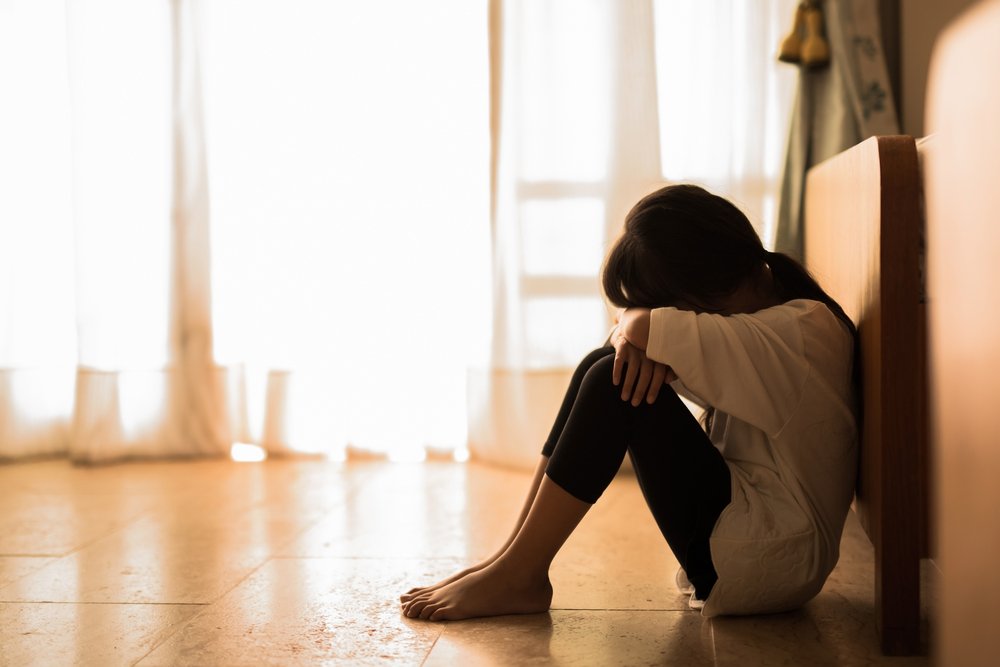Gun Violence – We’ve Had #Enough!
Kelsey Rogers
Legal & Policy Assistant Brady Center to Prevent Gun Violence
Bullets and Basketball – Taking the Profit Out of Supplying Guns to Criminals
It was an August night, and Danny Williams, a rising high school junior, was playing basketball near his home in Buffalo, New York. Danny’s coach said he “could have been one of the best point guards in Western New York.” That was before the ball bounced into a neighbor’s yard, before Danny went to pick it up, and before, out of nowhere, a car drove up, a gun emerged from the driver’s window, and fired a bullet into Danny’s abdomen.
Danny was a good kid. It was just a case of mistaken identity: wrong place, wrong time. Danny survived, but his dreams of playing basketball at a NCAA Division I college and beyond, died that August night.
Danny’s shooter, it turned out, was a known gang member who mistakenly believed Danny was a member of a rival gang. Police found the shooter’s 9mm Hi-Point handgun on the floor of his car when they arrested him.
The story of how this Buffalo gang member got his gun tells us a lot about how criminals are armed in America—and how we can stop it.
It turns out that the gun was initially purchased at an Ohio gun show, one of over 140 semiautomatic handguns a gun trafficking ring purchased from the same gun dealer, Charles Brown. Brown sold the gun used to shoot Danny in a single sale of 85 handguns.
Responsible Gun dealers know that innocent people are at risk to be injured or killed as a result of their sales and act accordingly, but for some, it’s just about profit. That’s why we brought a lawsuit on behalf of Danny and his father against the gun dealer—to change that rationale. The lawsuit alleges that the dealer, Brown, was negligent in selling guns that he should have known were going to be trafficked, and it was foreseeable that innocent people like Danny would be shot as a result. And given that Brown ran the distributorship that sold the guns, and was the sole distributor of the guns’ manufacturer, Beemiller, the suit alleges they were also negligent.
This case is far from over, but it has already established important new precedent that will help hold irresponsible gun sellers accountable for arming dangerous people. After a trial judge dismissed the case, holding that the lawsuit was barred by a Federal gun industry immunity law, the Protection of Lawful Commerce in Arms Act, the Fourth Department of the Appellate Division of New York unanimously reversed, finding that the federal law did not block Danny’s lawsuit seeking to hold the dealer, distributor, and manufacturer accountable for supplying the shooter. The landmark decision has already been relied on by at least one other court to green light a lawsuit against another gun dealer brought by other victims of gun violence.
The Impact Fund’s support is enabling the Brady Center and its co-counsel to proceed and help prove Danny’s case and, hopefully, win at trial. Lawsuits are critical to reforming irresponsible gun dealer practices and preventing gun violence in America, as they remove the financial incentive to engage in high-risk sales that dealers should know will place guns in the hands of dangerous people. If gun companies internalize some of the costs borne by victims, they will change their behavior to act more responsibly, and lives will be saved. That change is already materializing: litigation like Danny’s sends a strong message to the rest of the gun industry that they should act responsibly when selling lethal firearms.
Danny Williams’ name may never end up in the NBA record books, but it is in the law books forever, making America the safer place that Danny—and all of us—deserve.
Update June 30, 2016...
Judge Devlin of the Supreme Court of New York, Erie County, held that New York courts can exercise personal jurisdiction over Ohio firearms dealer Charles Brown in Williams v. Beemiller, Inc., et al., denying Brown’s Motion for Summary Judgment. This decision marks a significant victory that will allow the Brady Center attorneys to pursue full merits discovery on the issues at the core of this case. The plaintiff, rising basketball star and high school student, Daniel Williams, was shot with a gun that Brown sold in a bulk 85 handgun, all-cash sale to a Buffalo gun trafficking ring. However, Brown contended that New York courts had no jurisdiction over him because he sold the guns in Ohio to an Ohio resident.
Brady Center attorneys, with the assistance of local trial attorneys from the Buffalo, NY firm of Connors LLP, spent months investigating and briefing the issue in preparation for the argument last week. Brady attorneys argued that Brown had good reason to know that the guns would be trafficked to New York. And the judge agreed. We look forward to continuing our work in this case with the generous assistance that has been provided by Impact Fund, to obtain justice for Daniel, and to hold Brown and his co-conspirators accountable for the illegal and negligent sale of the gun that injured him.












